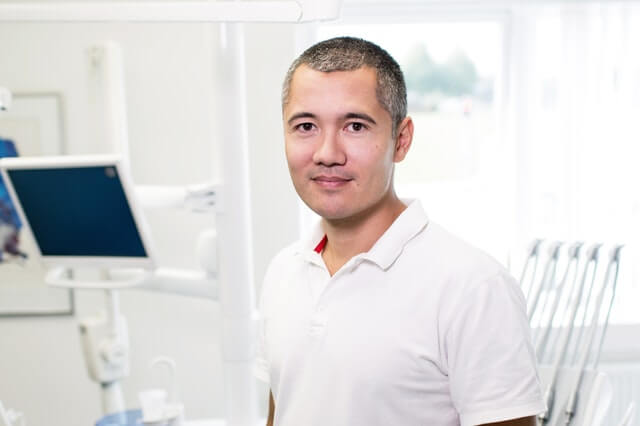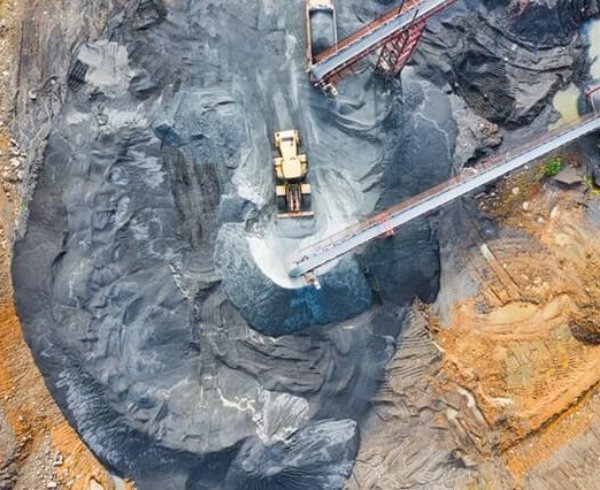Employer sponsored doctors from overseas who are intending to practice in Australia will first need approval to work in a designated area from a Rural Workforce Agency (RWA’s) before applying for their visa. Due to a new condition on the revised Skilled Occupation Lists announced on 11 March 2019, overseas trained doctors in the below occupations will need to work in an area in shortage of primary medical services:
- General Practitioners (GP’s)
- Resident Medical Officers
- Medical Practitioners (excluding specialists nec)
The changes will only impact doctors intending to apply for an employer sponsored visa – such as a Temporary Skills Shortage 482 Visa or the Subclass 186 or 187 Permanent Residence Visas, and will restrict where they can work in Australia. Under the initiative, overseas trained doctors will be directed away from “well-serviced metropolitan areas” to areas of workforce need – especially regional, rural and remote communities.
Employer sponsored doctors | How areas of need will be identified
A list of the metropolitan and regional areas in need of primary health services is unavailable to the public as RWA’s have the discretion to determine which metropolitan locations and regional areas are classified as “well-serviced” on a case-by-case basis according to real-time data provided by the Department of Health and the RWA’s local/regional knowledge of skills shortages in the area. The role of the RWA is not to assess the applicant’s suitability for the visa, but rather to determine whether a position should become available for an employer-sponsored visa in a specified area.
How can I get approved by a Rural Workforce Agency to work in a given location?
The new condition requires employers wishing to sponsor an overseas trained doctor to apply for a Health Workforce Certificate from an RWA – this is the case whether the position is in a metropolitan or regional area. Here is a summary of the process:
- Employers must provide their practice address in their Health Workforce Certificate application to have the position approved for the area of work before proceeding with an employer-sponsored nomination application.
- No fees are charged to the employer or applicant for the Health Workforce Certificate.
- According to the Department of Health, a standard assessment for a Health Workforce Certificate takes five to ten business days, with expedited Health Workforce Certificates issued within two business days. RWA’s will inform the employer if additional information is required or the assessment is particularly complex.
It’s important to note, Health Workforce Certificates will only be valid for three months, therefore employers will need to prepare and submit their application to nominate a visa holder within this time to avoid having to re-apply. Re-applications for a Health Workforce Certificate do not guarantee that a further certificate will be issued as areas of need are assessed on a real time basis.
How the changes may impact you
Depending on whether you are currently working in Australia as an overseas trained doctor, seeking to renew your employer-sponsored visa or studying a medical profession in Australia, the changes may impact you in different ways.
According to the Department of Health:
- Overseas trained doctors working in hospital-based positions will be automatically receive a Health Workforce Certificate and are not likely to be impacted.
- In addition, non-GP specialists are not affected as they are not required to provide a Health Workforce Certificate.
- Currently-practising overseas trained doctors will also be unaffected, and they will receive an expedited Health Workforce Certificate to continue to work in their current position in the same location and with the same employer. This may not apply to overseas trained doctors changing employers.
- Overseas trained doctors seeking a visa renewal may extend their existing work in their current position in the same location and with the same employer and may receive an expedited Health Workforce Certificate.
- International students graduating from Australian medical schools (Australian-trained doctors) may also be issued an expedited Health Workforce Certificate and may have access to an increased availability of specialist training places.
- Overseas Trained Doctors at an Aboriginal Medical Service may also receive expedited Health and Workforce Certificates.
- Overseas trained doctors who hold a Subclass 186 and 187 Visa will continue to have permanent resident status without being restricted to regional or metropolitan areas, however regional obligations will still apply for Subclass 187 Visa holders for the first two years.
Why employer-sponsored doctors are limited to work in areas of need
According to Government statistics, GP numbers have risen at a rate three times more than population growth over the past decade due to a surge in locally trained medical graduates and a sustained level of overseas trained doctors. The initiative therefore aims to manage the distribution of overseas trained doctors.
How Interstaff can assist you
We recommend that overseas trained doctors explore all their available visa options, including Independent Skilled Migration options, which do not require employer sponsorship or a Health Workforce Certificate. To understand how the changes impact your business’ labour requirements or your skilled visa options, we encourage you to contact our team of Registered Migration Agents on +61 8 9221 3388 (or National Free Call 1800 449 858) or [email protected]
Source:
Interstaff Registered Migration Agents
Department of Home Affairs
Department of Health
Migration Institute of Australia








